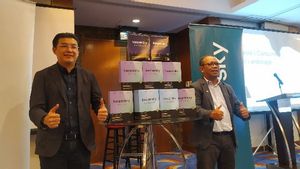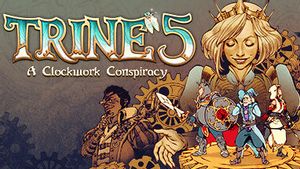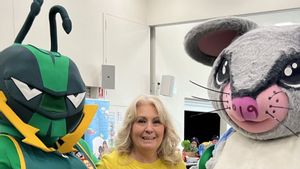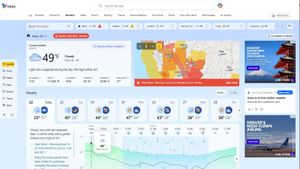JAKARTA - The OpenAI artificial intelligence giant has quietly suspended the use of its AI detection software, citing low levels of accuracy.
The AI classification developed by OpenAI was first launched on January 31 and aims to assist users, such as teachers and professors, in distinguishing human-written text from AI-generated texts.
However, according to an original blog post announcing the launch of this tool, the AI classification has been closed since July 20: "On July 20, 2023, AI classification is no longer available due to its low level of accuracy."
Links to the tool are no longer working, while the record provides only simple reasons for closing the tool. However, the company explains that it is looking for new and more effective ways to identify the content generated by AI.
"We are working to combine feedback and are currently conducting research on more effective protection techniques for text, and have committed to developing and implementing a mechanism that allows users to understand whether audio or visual content is generated by AI," the note reads.
VOIR éGALEMENT:
From the start, OpenAI has explained that this detection tool is prone to errors and cannot be considered "completely reliable."
The company states that the limitations of AI detection tools include "very inaccurate" in verifying text with less than 1,000 characters and can "confidence" mark the text written by humans as a result of AI. This AI classification is OpenAI's newest product in the spotlight.
On July 18, researchers from Stanford and UC Berkeley published a study showing that OpenAI's flagship product, ChatGPT, got worse over time.
The researchers found that over the past few months, the ChatGPT-4's ability to accurately identify primes had dropped dramatically from 97.6% to only 2.4%. In addition, both ChatGPT-3.5 and ChatGPT-4 experienced a significant decline in the ability to generate new code lines.
The English, Chinese, Japanese, Arabic, and French versions are automatically generated by the AI. So there may still be inaccuracies in translating, please always see Indonesian as our main language. (system supported by DigitalSiber.id)


















